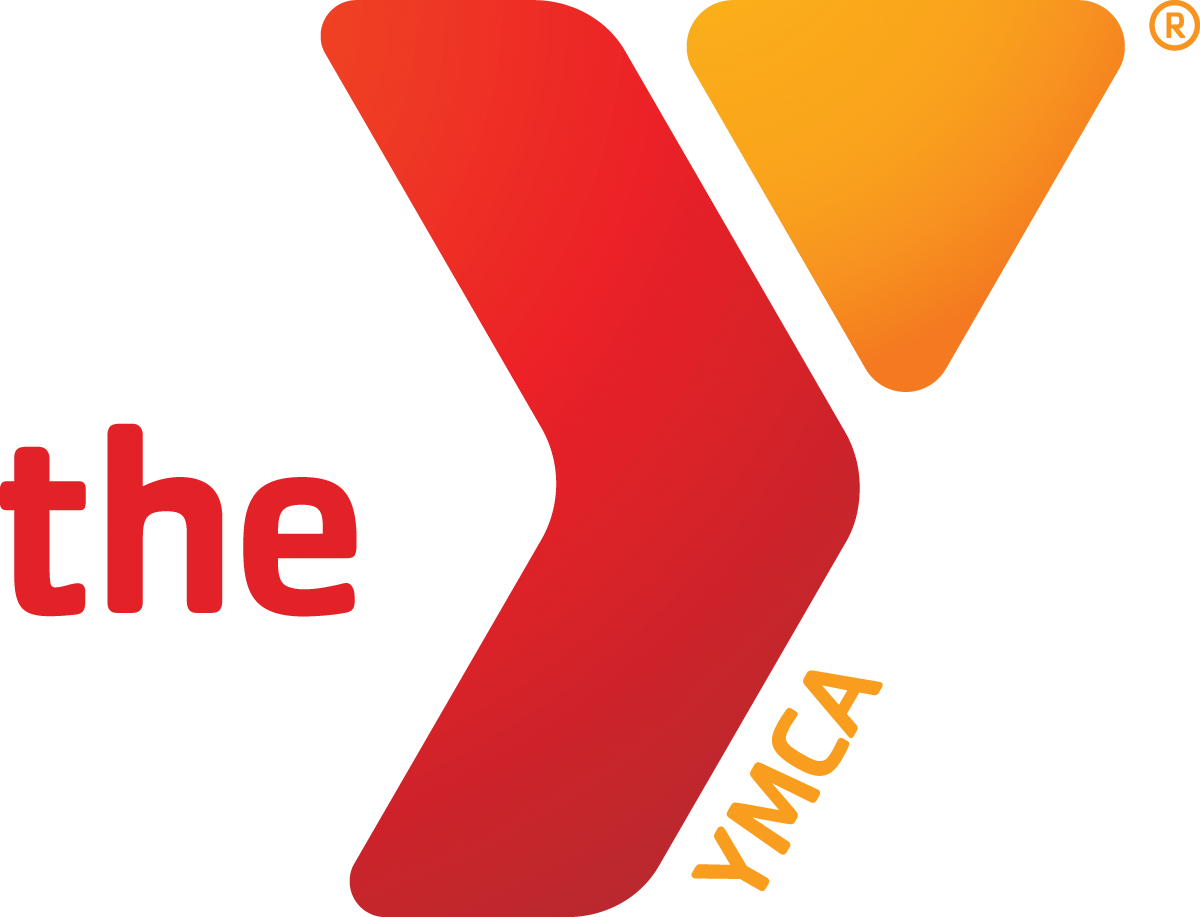
YMCA Golf Fundraising Event
The YMCA, a prominent non-profit organization dedicated to community development and youth empowerment, embarked on a project to enhance its fundraising efforts through a charity golf tournament. Recognizing the potential of this event to raise significant funds while fostering community engagement, the organization sought to create a comprehensive digital flipbook and implement a strategic social media plan to maximize participation and support.
Objectives:
- Develop a digital flipbook providing a structured guide for the YMCA’s fundraising plan, covering situational analysis, goals/objectives, event plan, promotional materials, and sponsorship plan.
- Create a multi-faceted social media strategy to engage the audience, showcase gratitude towards sponsors, highlight the event’s family-friendly nature, and build anticipation and excitement for the fundraising event.
- Utilize multimedia elements and informed research to streamline the fundraising process and maximize effectiveness.
Digital Flipbook: The digital flipbook served as a comprehensive guide for planning and executing the YMCA Golf Fundraising Event. It covered key aspects such as situational analysis, goals/objectives, event plan, promotional materials, and sponsorship plan. By analyzing the organization’s context, setting clear goals, planning engaging events, designing compelling promotions, and securing sponsorships, the flipbook aimed to streamline the fundraising process and drive success for the YMCA’s initiatives.
Social Media Strategy: The social media strategy focused on engaging the audience and maximizing participation in the fundraising event. Platforms such as Facebook, Twitter, LinkedIn, and Instagram were utilized to showcase gratitude towards sponsors and highlight the significance of their contributions. Compelling visuals and heartfelt messages emphasized the impact of sponsor support, while also spotlighting the family-friendly nature of the event to appeal to all ages.
Captivating content, including photos and videos of past events, was shared to create anticipation and excitement among followers. Additionally, social media served as a countdown platform, with daily updates, reminders, and teasers to build anticipation as the event drew nearer. By harnessing the power of social media, the YMCA aimed to amplify its message, increase engagement, and ultimately drive success for the fundraising event.









Outcome: The digital flipbook and social media strategy contributed to the success of the YMCA Golf Fundraising Event. The structured guide provided by the flipbook facilitated efficient planning and execution, while the strategic use of social media engaged the audience, showcased sponsor support, and built anticipation for the event. As a result, the YMCA was able to raise significant funds to support its initiatives while fostering community involvement and support for its mission.
Conclusion: The project demonstrated the value of utilizing digital tools and strategic communication strategies in non-profit fundraising efforts. By creating a comprehensive digital flipbook and implementing a strategic social media plan, the YMCA was able to streamline the fundraising process, maximize participation, and drive success for its fundraising event. Moving forward, the organization can use the insights gained from this project to inform future fundraising endeavors and further advance its mission of serving the community.
